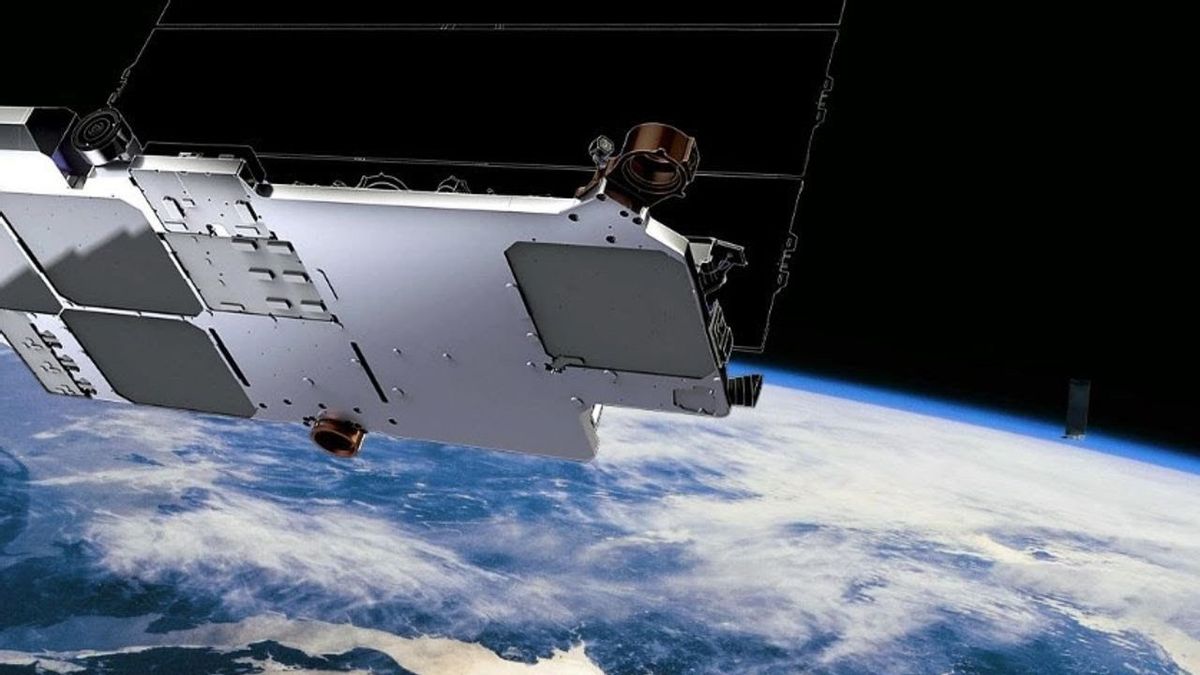JAKARTA - The global shortage of chips has also affected the production of SpaceX's satellite, Starlink. The company admitted that it was unable to fulfill orders for satellite internet services.
“Silicon shortages have delayed production impacting our ability to fulfill orders. Please visit your Account page for an updated estimate of when you can expect your order to be fulfilled," said Starlink on its official website.
Therefore, the scheduled delivery of Starlink has been postponed to late 2022 or early 2023 in other parts of the United States (US).
In early September, SpaceX's CFO, Bret Johnsen, said the company was producing about 5,000 terminals per week, and that production would double in the next few months. Given SpaceX's more recent statement about chip shortages, it's unclear how many terminals SpaceX will produce going forward.
Previously, SpaceX CEO Elon Musk seemed confident that the chip shortage would be resolved soon, saying it was a short-term problem.
"There are a lot of chip fabrication plants being built and I think we'll have a good capacity next year," Musk told CNBC International some time ago, as quoted by Ars Technica, Tuesday, November 2.
In May, Musk stated that SpaceX has received more than 500,000 Starlink orders and SpaceX will most likely be able to fulfill all of them.
"Only limitation is high user density in urban areas. Most likely, all initial 500k will receive service. More challenges when we get into the range of a few million users," Musk tweeted.
If chip shortages don't drastically reduce satellite dish production for a long time, Starlink's fast satellite launch speed will eventually make it easier for broadband internet subscribers to get service right away.
The English, Chinese, Japanese, Arabic, and French versions are automatically generated by the AI. So there may still be inaccuracies in translating, please always see Indonesian as our main language. (system supported by DigitalSiber.id)













